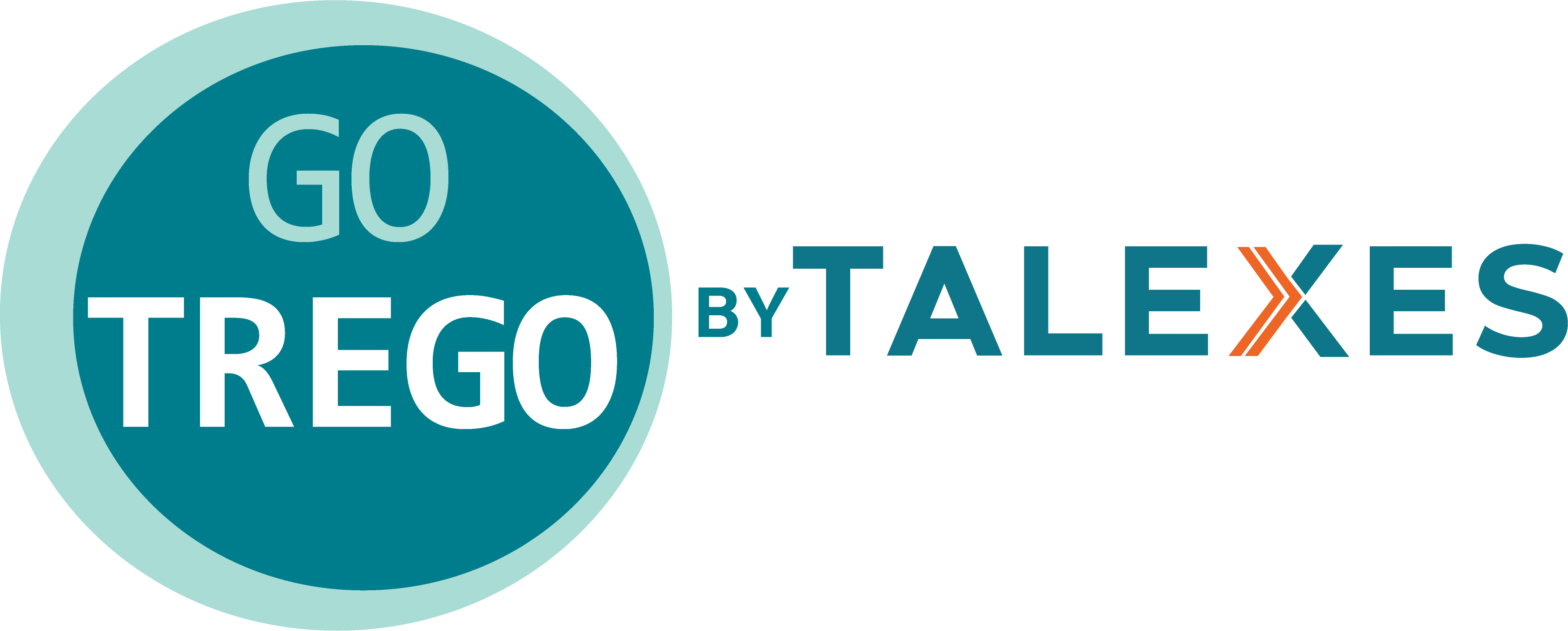The automotive industry is undergoing rapid transformation, driven by factors like electric vehicles, autonomous driving, and changing consumer preferences. To navigate this evolving landscape, dealerships need employees who can adapt to new technologies, market trends, and customer expectations. Assessments offer a valuable tool for identifying and developing such individuals.
Why Adaptability Matters in Auto Dealership
- Technological advancements: From electric vehicles to advanced diagnostics, dealerships must stay ahead of the curve. Adaptable employees can quickly learn and implement new technologies.
- Changing customer preferences: Customer preferences are evolving, with a growing emphasis on personalized experiences and online shopping. Adaptable employees can adjust sales strategies and customer service approaches to meet these changing demands.
- Competitive landscape: The automotive industry is highly competitive. Dealerships need employees who can think creatively, solve problems, and find innovative ways to attract and retain customers.
The Role of Assessments
- Identifying adaptable candidates: Assessments can help identify candidates who are open to change, resilient to setbacks, and capable of learning new skills.
- Assessing problem-solving abilities: Adaptable employees are effective problem-solvers. Assessments can measure a candidate’s ability to think critically, analyze information, and develop solutions.
- Identifying leadership potential: Adaptable employees often possess the qualities needed to lead teams through change. Assessments can help identify individuals with the potential to take on leadership roles.
Types of Assessments
- Personality assessments: These can reveal a candidate’s openness to new experiences, adaptability to change, and resilience to stress.
- Cognitive assessments: These measure a candidate’s problem-solving abilities, critical thinking skills, and ability to learn new information.
- Situational judgment tests: These simulate real-world scenarios to assess how a candidate might respond to challenging situations.
Benefits of Investing in Adaptability
- Improved employee performance: Adaptable employees are more likely to excel in their roles and contribute positively to the dealership’s success.
- Enhanced customer satisfaction: Adaptable employees can better meet the evolving needs of customers, leading to increased satisfaction and loyalty.
- Increased innovation: A workforce that is adaptable and open to new ideas is more likely to drive innovation and find new ways to improve the dealership’s operations.
By investing in assessments to identify and develop adaptable employees, auto dealerships can position themselves for long-term success in a rapidly changing industry.





